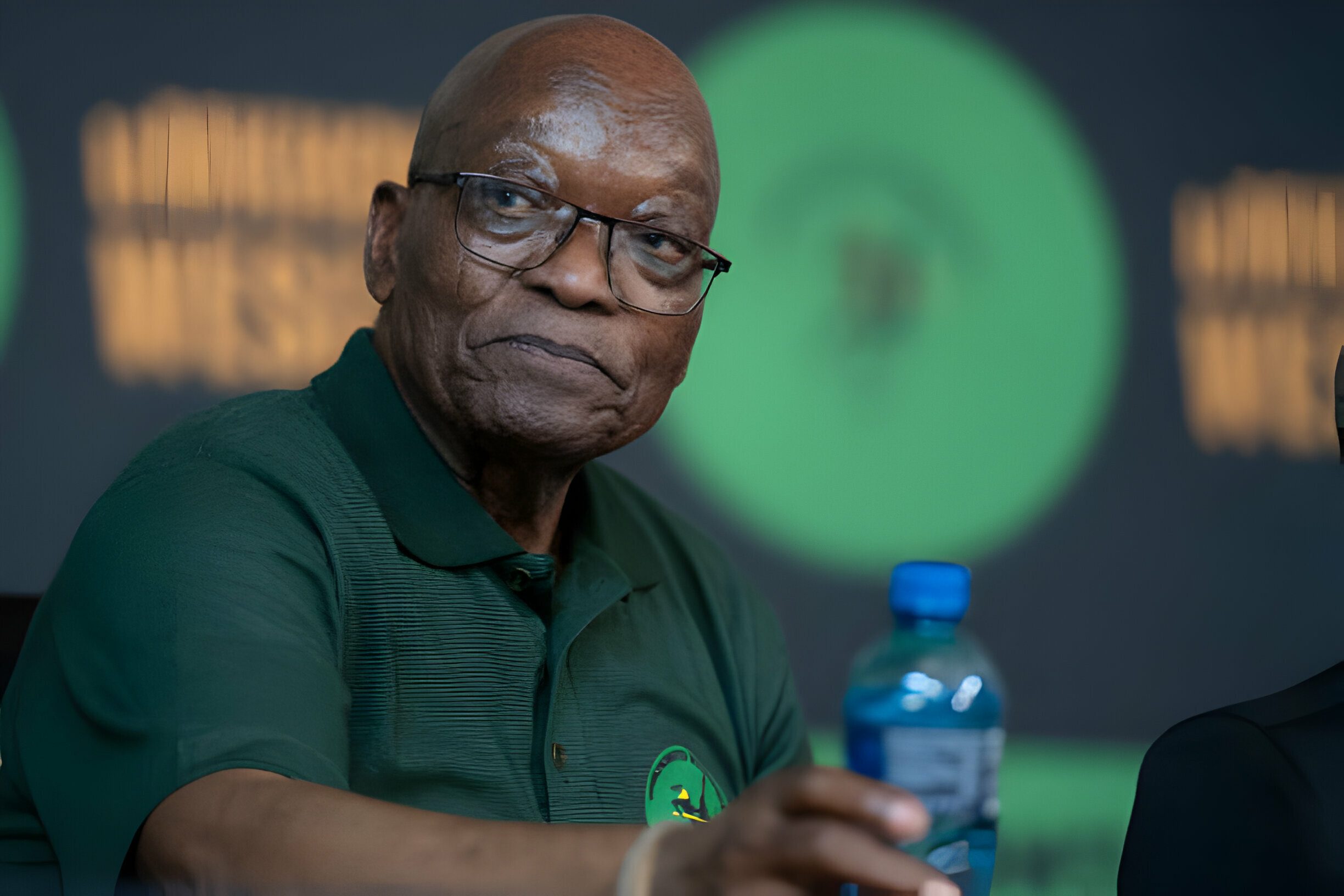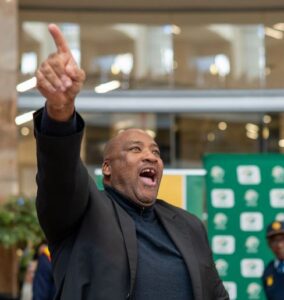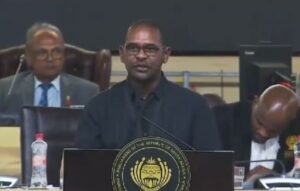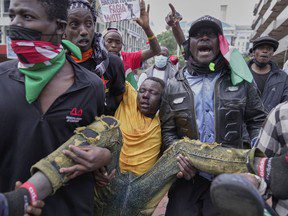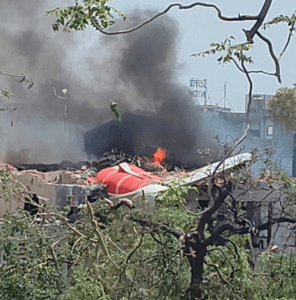Jacob Zuma, the former president of South Africa, has vocally criticized the nation’s constitution, asserting that it does not serve the interests of African citizens adequately. In a speech delivered at the congregation led by Bishop Bafana Stephen Zondo, Zuma expressed his discontent, recounting his 2021 imprisonment as a fundamental injustice.
“The constitution has been hailed as among the best globally, yet it fails to resonate with that stature in practice,” Zuma argued.
He highlighted a personal grievance, noting,
I was arrested without the opportunity to contest the charges in court, a decision driven by the judiciary’s resentment towards my choice to empower my legal representation rather than appear in person,
which he perceives as a direct affront to his rights in what is supposed to be a democratic society.
Zuma’s critique extended beyond his personal experience, questioning the broader implications of the constitution on land ownership and equality.
The negotiations that shaped our current constitution overlooked significant flaws, leaving us with laws that perpetuate inequality. The fact that the majority of our land remains under white ownership raises serious doubts about our freedom and the constitution’s effectiveness in addressing historical injustices,he elaborated.
In response to these challenges, Zuma pledged comprehensive legal reforms should his political party, Umkhonto we Sizwe (MK), ascend to power. Urgent changes to the law are on our agenda once we govern,
he affirmed, a statement that was met with approval from his audience.
Zuma Advocates for a Renewed Political Vision
During a rally in Alexandra, Johannesburg, attended by approximately 3,000 supporters, Zuma expanded on his vision for South Africa’s future under the MK party’s leadership. He criticized the current state of governance, particularly addressing the shortcomings of the African National Congress (ANC) under President Cyril Ramaphosa’s leadership.
“This is no longer the ANC that was envisioned by our ancestors. Today’s ANC, dominated by Ramaphosa, has turned a deaf ear to the people’s needs,”
Zuma stated, emphasizing the growing disenchantment among former ANC supporters. He attributed this shift to perceptions of the ANC being influenced by white business interests, a stark departure from its founding principles.
Zuma’s address also touched on his aspirations for the MK party to champion black liberation and rectify the nation’s pressing issues, such as crime and infrastructure decay. Furthermore, he shed light on the strategic approach to leadership within the MK, stressing the importance of vigilance against corruption and ill-discipline among new members, especially those defecting from the ANC.
In a notable development, Simphiwe Moyo, a respected photographer from KwaZulu-Natal, has publicly announced his departure from the ANC, opting to align with Zuma’s MK party. This move underscores a growing trend of political realignment in response to the current administration’s policies and leadership style.
Zuma’s discourse, while rooted in personal grievances, underscores a broader call for introspection and reform within South African politics. His remarks resonate with a segment of the population that feels marginalized under the current constitutional framework, sparking debate on the need for a more inclusive and equitable governance model. As South Africa grapples with these issues, the dialogue initiated by Zuma’s criticisms could catalyze significant political and social transformations.

